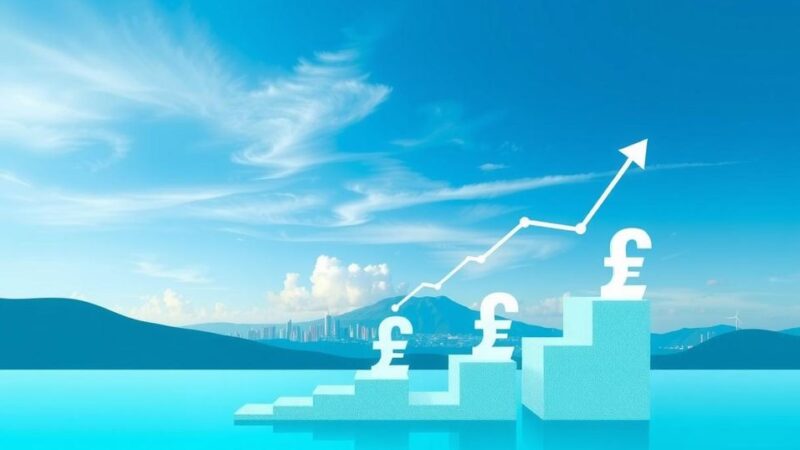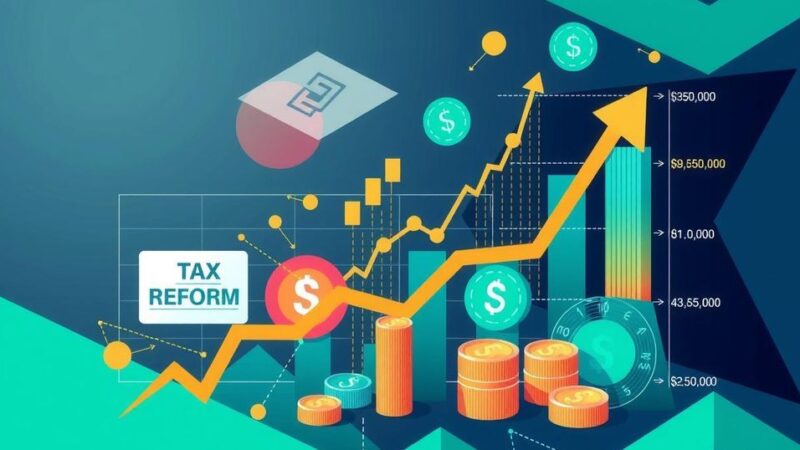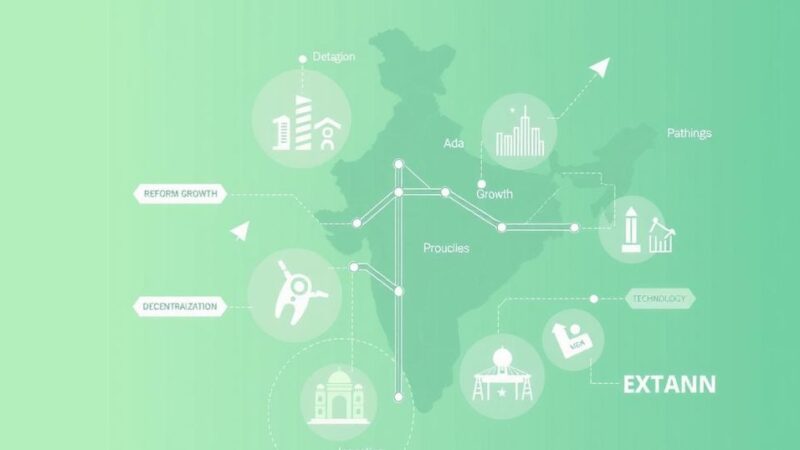Brazil’s economy grew by 3.4% in 2024, driven by household spending and sector growth. Despite agriculture declining by 3.2%, exports increased, and imports surged significantly. President Lula highlighted job creation linked to GDP growth, while projections for 2025 indicate continued growth but urge inflation control.
In 2024, Brazil’s economy saw a growth rate of 3.4%, largely fueled by a notable 4.8% increase in household spending. The industrial sector expanded by 3.3% and the services sector by 3.7%, both contributing significantly to the GDP increase. However, agriculture faced a decline of 3.2% due to disappointing harvests during that year.
Additionally, while exports grew by 2.9%, imports saw a more significant surge, rising by 14.7%. This rise in imports was primarily linked to heightened demand for chemicals, machinery, and motor vehicles, indicating a robust domestic market.
Brazilian President Luiz Inacio Lula da Silva expressed optimism regarding the economic progress, dubbing 2025 as “the year of the harvest.” He emphasized that a growing GDP correlates positively with job creation and increased financial resources for the populace.
Minister of Planning and Budget, Simone Tebet, pointed out that Brazil’s GDP per capita reached 55,247.45 reais (9,558.4 U.S. dollars) in the previous year, marking a 3.0% increase. She underscored the importance of controlling inflation to help lower food prices for citizens.
Looking ahead, financial markets foresee a GDP growth of 2.01% in 2025, while the Brazilian government has a slightly optimistic projection of 2.3%. These forecasts underscore the ongoing economic developments and challenges faced by the nation.
Brazil’s economic landscape in 2024 showcased a 3.4% growth propelled by strong household spending, despite a decline in agriculture. Key sectors like industry and services contributed positively, while import demand surged significantly. The government and financial analysts share a cautious optimism for future growth, highlighting the necessity of managing inflation as a pivotal factor for economic stability moving forward.
Original Source: ana.ir






